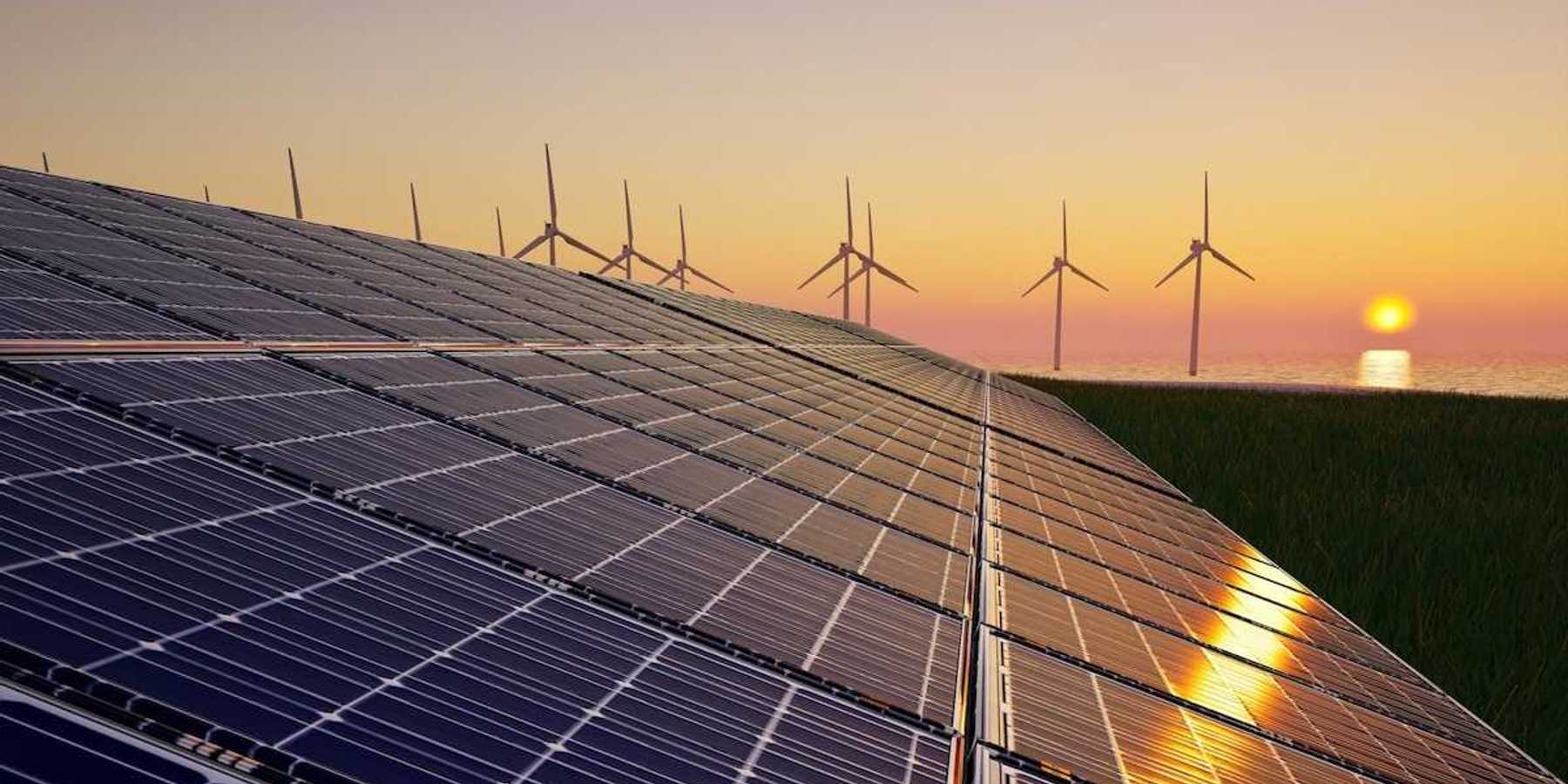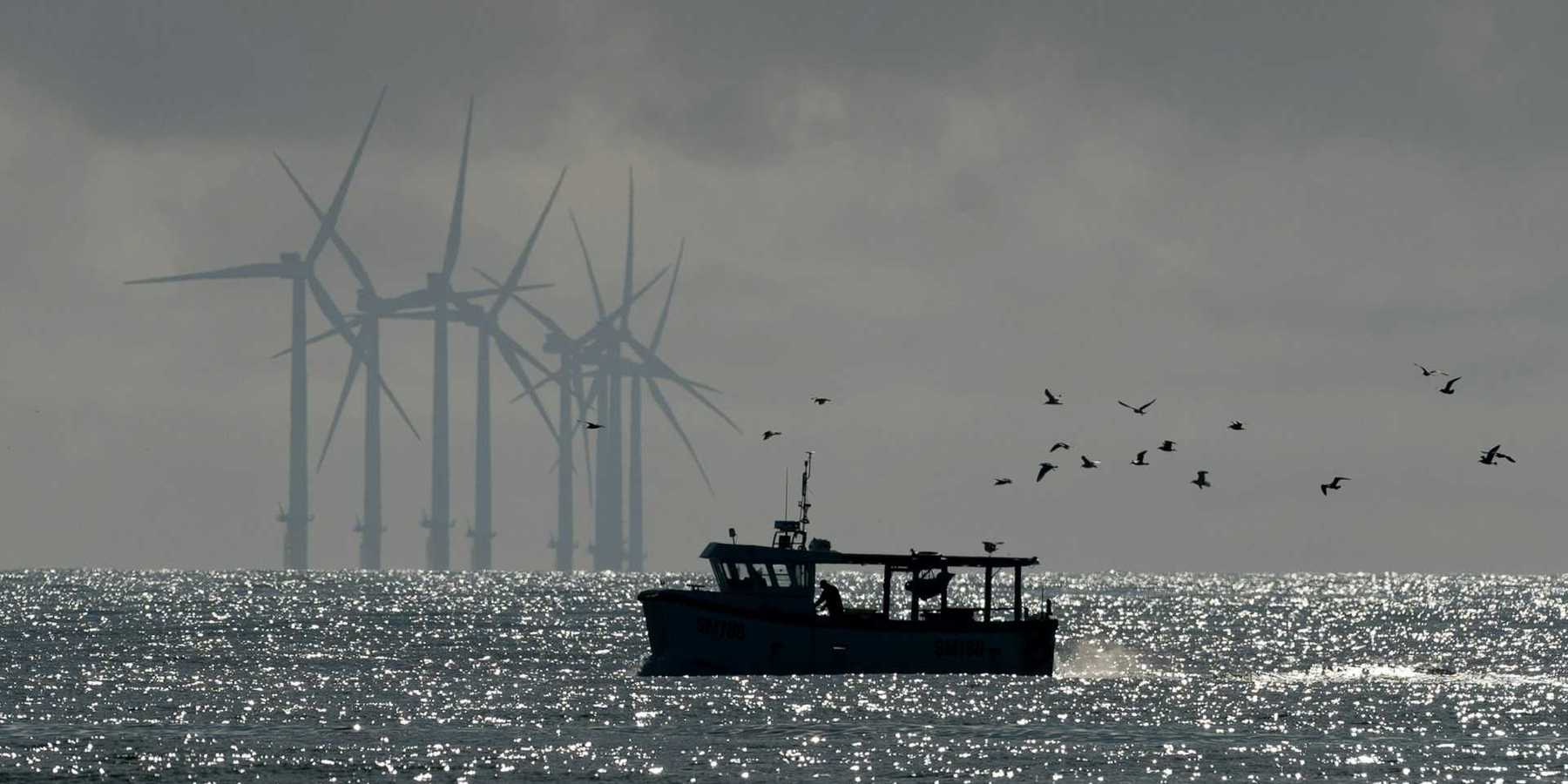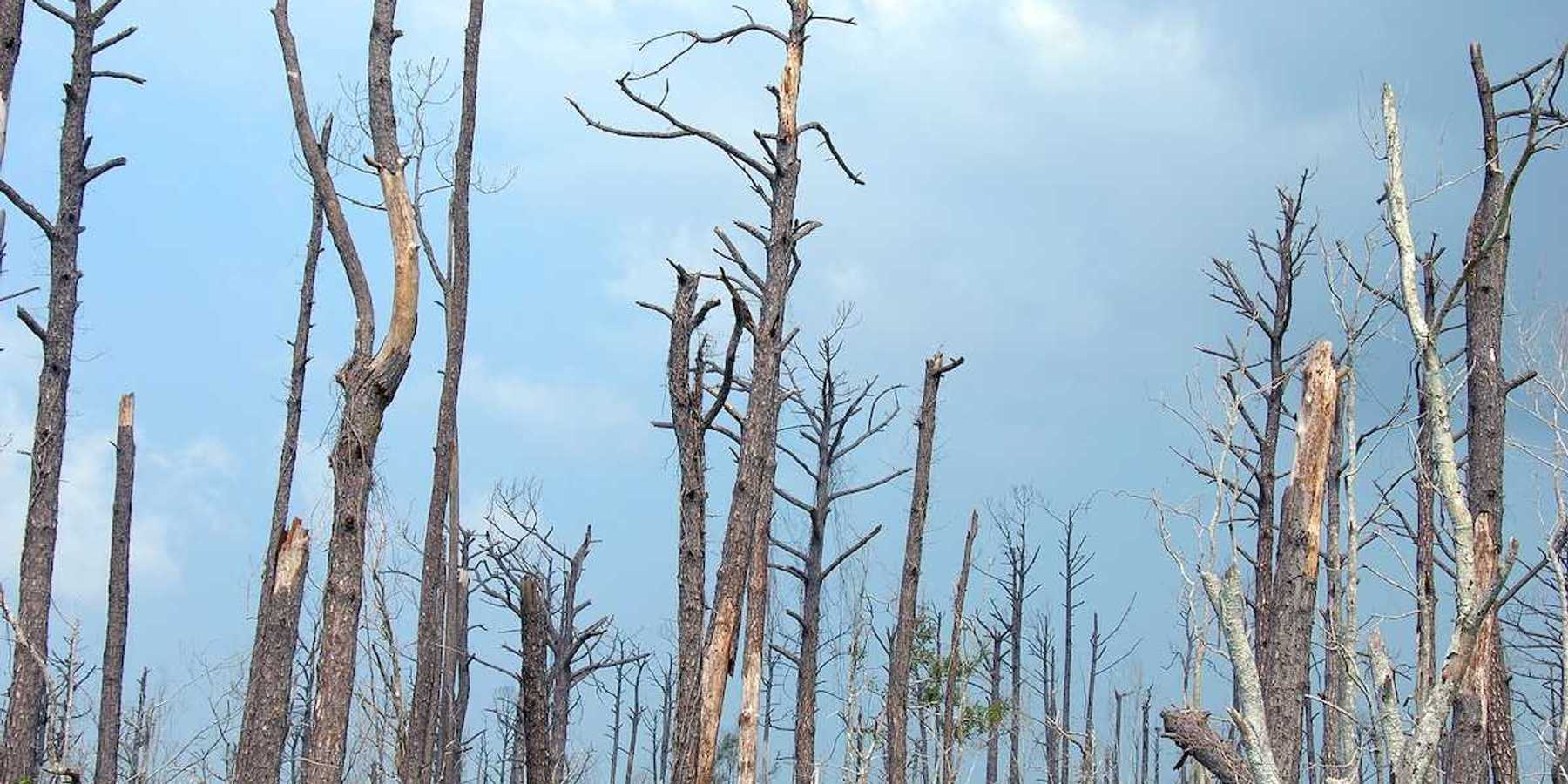Trump’s energy chief says clean energy credits waste taxpayer money and worsen the grid
Energy Secretary Chris Wright dismissed clean energy tax credits as ineffective and costly during an Earth Day interview, defending fossil fuels and calling global warming potentially beneficial.
Ashleigh Fields reports for The Hill.
In short:
- Chris Wright criticized renewable energy tax credits on Fox Business, calling them political posturing that results in higher costs and less reliable electricity.
- He argued that solar and wind require far more land and materials than fossil fuels and claimed they contribute to job outsourcing.
- Wright suggested some global warming could benefit humans, despite scientific evidence linking it to sea level rise and ecological harm.
Key quote:
“That term ‘clean energy’ is just a marketing term. There’s no clean energy. All energy sources involve trade-offs.”
— Chris Wright, U.S. Energy Secretary
Why this matters:
The debate over clean energy tax credits goes far beyond politics—it touches on public health, economic equity, and the future of life on Earth. Fossil fuel combustion releases particulate matter and greenhouse gases that contribute to asthma, heart disease, and climate change. Renewable energy sources, while not impact-free, reduce many of these harms. Tax incentives have been key to scaling solar, wind, and other clean technologies, especially for households and communities that couldn’t otherwise afford the upfront costs.
Critics argue that these subsidies distort markets or strain the grid, but experts say the real challenge is updating infrastructure to handle newer technologies, not abandoning them. Wright’s comments also downplay mounting evidence of global warming’s threats — from coastal erosion and crop loss to species extinction and climate migration. More heat-related illness, food insecurity, and natural disasters are also projected in a warming world.
Read more: Trump’s energy secretary pushes fossil fuels while dismissing renewables in public speeches













